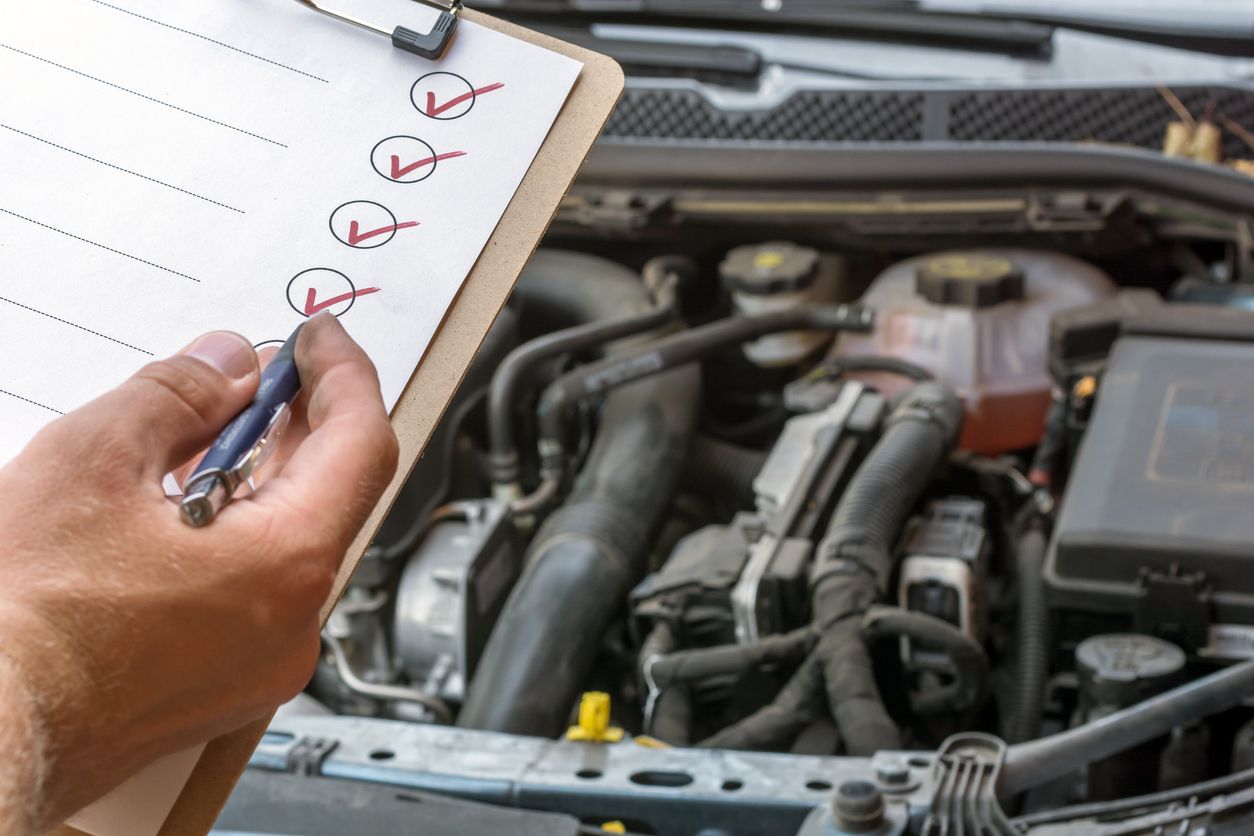Uncover the Many Usual Vehicle Repair Issues Drivers Face Today
From the refined decline in engine effectiveness to the scary squeal of brakes, these problems frequently occur from prevalent yet critical parts. The details of modern vehicles better makes complex matters, with electronic systems and transmission systems often providing their own collection of difficulties.
Engine Efficiency Issues
Engine performance problems are a regular challenge encountered by lots of car proprietors, usually materializing via symptoms such as minimized power, rough idling, or poor gas economy. These concerns can occur from numerous components within the engine system, including the ignition, gas delivery, and air consumption systems. A common perpetrator is the failure of spark plugs, which, when broken, can bring about incomplete burning, leading to power loss and increased fuel consumption.
One more prevalent cause is a defective fuel injector that interrupts the specific distribution of fuel into the engine's burning chamber. This inequality can trigger the engine to misfire, be reluctant during velocity, or perhaps stall. Blocked air filters also contribute significantly to poor engine performance by limiting the air movement needed for optimum combustion, thus decreasing power result and reducing fuel efficiency.
Additionally, a defective oxygen sensing unit can misinterpret the air-fuel combination, prompting the engine control unit (ECU) to change it poorly, more affecting performance. Car Service. Regular upkeep, including prompt substitute of these elements and adherence to service routines, is necessary in preventing and addressing engine performance problems. Expert diagnostics can accurately determine the origin cause, making sure reliable and specific fixings
Brake System Malfunctions
Brake system malfunctions are a critical concern for lorry safety and security, frequently showing up via signs and symptoms such as screeching sounds, reduced braking responsiveness, or a spongy brake pedal. These concerns can come from different components within the brake system, including the brake pads, blades, calipers, or hydraulic lines. Used brake pads are a typical offender, as they lessen the system's ability to create adequate friction, bring about longer quiting ranges. Distorted rotors can create vibrations and lower braking efficiency.

Caliper malfunctions, such as confiscating, can likewise hinder stopping effectiveness. This can cause irregular brake pad wear and pulling away during braking. Addressing these malfunctions quickly is vital, as ignoring brake system issues can intensify right into severe safety and security dangers. Specialist inspections and timely fixings are essential to making certain the reliability and security of the brake system.
Transmission Troubles
A lorry's transmission system is integral to its overall efficiency, as it guarantees the reliable transfer of power from the engine to the wheels. A defective transmission can lead to significant driving concerns, including irregular changing, sliding equipments, and even full automobile immobilization. Transmission problems are often a resource of aggravation for motorists as a result of their intricacy and the prospective costs connected with their repair.

Routine upkeep is essential in stopping transmission troubles. This includes monitoring and changing transmission fluid according to the producer's recommendations, as well as addressing any caution indications such as uncommon sounds or delayed equipment involvement immediately. Disregarding these symptoms can intensify the problem, causing much more considerable damages and expensive repairs. Specialist analysis evaluations and timely intervention are vital to guarantee the longevity and reliability of a lorry's transmission system.
Electric System Failures
While transmission problems usually control discussions around automobile efficiency, the electric system is similarly crucial to an auto's capability. Modern cars count greatly on their electrical systems, which control whatever from the ignition procedure to advanced infomercial and safety and security attributes.
Additionally, blown merges are normal, often suggesting a short circuit or an overload in the system. Starter electric motor issues can stop the engine from turning over, frequently requiring replacement or fixing.
Diagnosing electrical failures demands a systematic approach, making use of specialized tools like multimeters to map faults. Routine upkeep, consisting of checking battery health and ensuring limited electrical connections, can protect against many important site issues. Remaining alert to advising indicators can mitigate prospective failures, guaranteeing dependable lorry performance.
Suspension and Steering Problems
Suspension and steering systems are crucial parts that make certain a vehicle's stability and handling. These systems work in tandem to provide a smooth trip, maintain tire call with the roadway, and facilitate precise control of the car. Over time, they are prone to tear and put on, bring about typical issues that can jeopardize safety and efficiency.
One prevalent issue in the shock absorber is damaged shock absorbers or struts, which can trigger too much jumping, unequal tire wear, and reduced braking performance. Additionally, bushings and ball joints might weaken, bring about clunking sounds and inadequate alignment. Dealing with these concerns immediately is necessary to avoid additional damages and guarantee optimum driving problems.
On the guiding side, issues usually emerge from put on steering shelfs, tie poles, this hyperlink or power steering pumps. Signs such as difficulty steering, vibrations, or a loosened guiding wheel can suggest underlying problems. Routine maintenance checks can assist determine these concerns early, making certain and protecting against pricey repair work driver security.
Conclusion
To conclude, the frequency of engine performance problems, brake system malfunctions, transmission difficulties, electric system failings, and suspension or guiding concerns underscores the critical requirement for routine automobile maintenance and diagnostics. These typical auto fixing challenges not just affect automobile performance however also posture considerable safety dangers. Addressing these concerns promptly via prompt repairs and regular examinations can stop costly problems and make sure the longevity and integrity of cars, eventually enhancing road safety and security for all vehicle drivers.
These issues can occur from various components within the engine system, including the ignition, fuel delivery, and air consumption systems.Brake system breakdowns are an essential worry for automobile security, usually showing up with signs and symptoms such as screeching noises, minimized stopping responsiveness, or a squishy brake pedal. These issues can stem from various elements within the brake system, consisting of the brake pads, rotors, calipers, or hydraulic lines.The brake fluid plays a pivotal function in preserving Full Report optimal brake efficiency by transferring force from the pedal to the brake elements.In verdict, the prevalence of engine efficiency problems, brake system breakdowns, transmission problems, electrical system failings, and suspension or guiding problems underscores the important requirement for regular automobile maintenance and diagnostics.